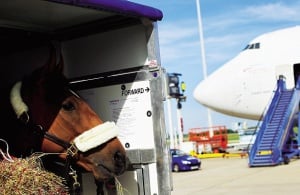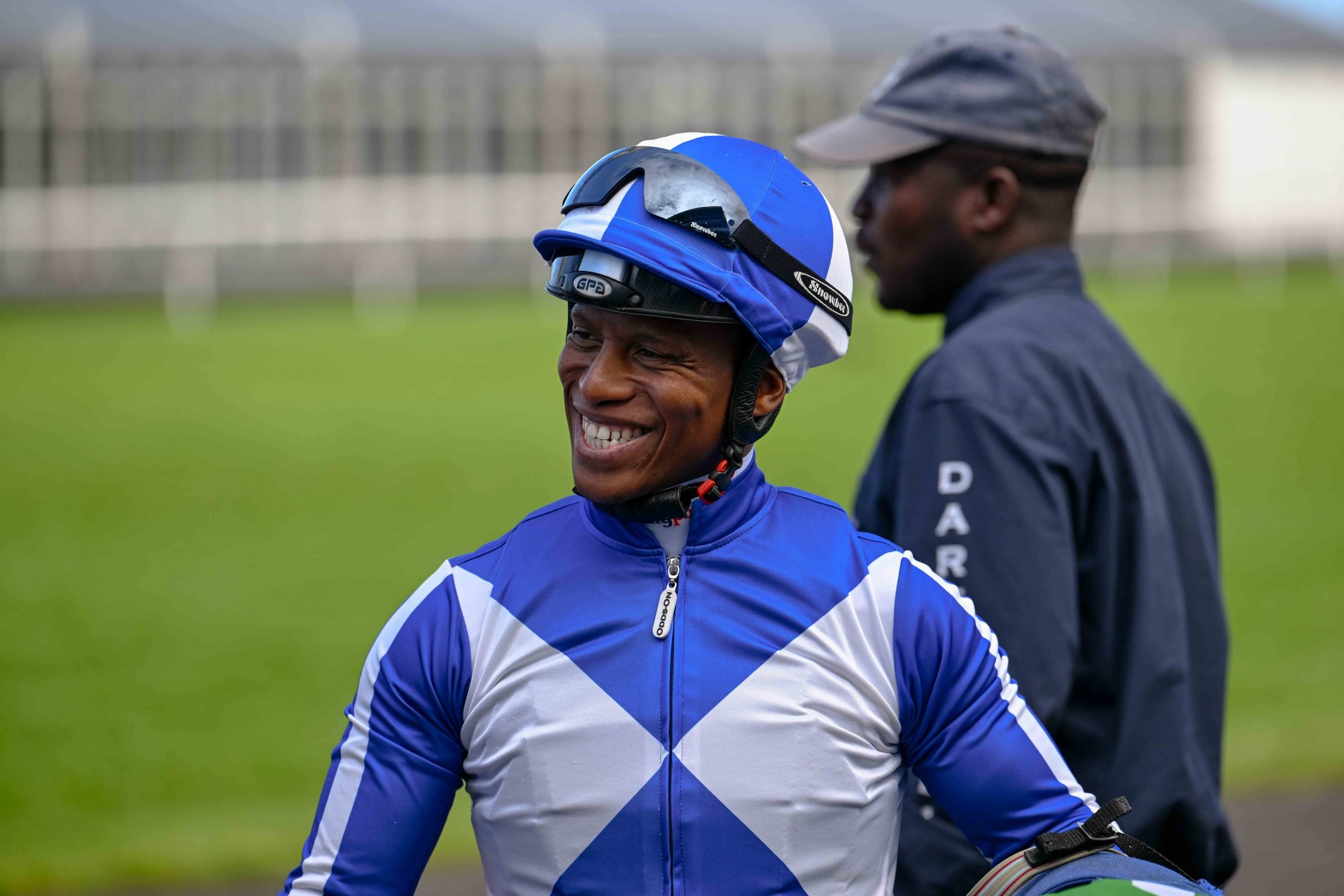The Wits Health Consortium issued a media release dated 1 July 2014, discussing solutions they have developed for the depressed South African horse export market – an industry they estimate as being worth up to R1 billion per annum.
In spite of the significant international interest in South African horses, currently investment in SA horses falls way short of its potential, at approximately R250 million per annum. The main reason is African horse sickness (AHS), a vector borne, severe viral infection in horses which results in a high fatality rate and the concern of this disease spreading to importing countries. Not only has this had an adverse effect on the economy, but has also drastically reduced employment in the racing industry from 100 000 fifteen years ago, to 15 000 in 2014.
In 1997, an AHS controlled area, including a small free zone was established in the Western Cape, enabling horse exports to the European Union (EU). However, this trade has been disrupted several times due to outbreaks of AHS in the controlled area. To reinstate free zone status with the EU and World Organisation for Animal Health, it takes two to three years – two years without outbreaks, followed by submission and consideration of a dossier.
With the recent announcement of the intention of South Africa to bid for the 2024 Olympics, this has placed pressure on the Government, and industry, to find a solution to the AHS problem, or the Olympic bid will be a non-starter. However, this really is only a carrot at the end of the stick.
Currently SA is losing out on investment amounting to potentially R1 billion per annum because of the onerous process of importing horses from South Africa, in particular our highly regarded racehorses and endurance horses.
Recently, under the initiative of Wits Health Consortium and Racing South Africa, a SA horse export workshop was held, which was attended by members of the Department of Agriculture, Forestry and Fisheries (DAFF), local and international veterinary, research and epidemiological experts, racing, sport horse and other equestrian sport industries.
A strategy has been developed following the workshop, with three options to be presented to various potential trading partners. It will be implemented with involvement from DAFF, the Department of Sport and Recreation, and Department of Trade and Industry.
Copy of South African Horse Export Strategy Meeting Report
Professor Ian Sanne, director of the Equine Research Fund, Wits Health Consortium explains, “The meeting demonstrated the ability of all parties involved in the sport horse and horse racing industries to collaborate towards the objective of AHS disease control and export of horses.”
All options require significant funding and support from the equine industries of South Africa. At the same time it also requires improved organisation and functional powers within DAFF and high level government support for international negotiations with potential trading partners. This will be achieved by the proposed formation of a high level government and industry representative body charged with implementing the strategy.
Says Dr Mpho Maja, Director: Animal Health at DAFF, “Currently SA experiences problems with both inward and outward movement, with outward presenting the most frustration. SA needs to develop a fool proof export protocol and thereby provide trading partners with assurance that we won’t export AHS.”
To read more about the work of the ERC, please visit their website or Facebook page.








